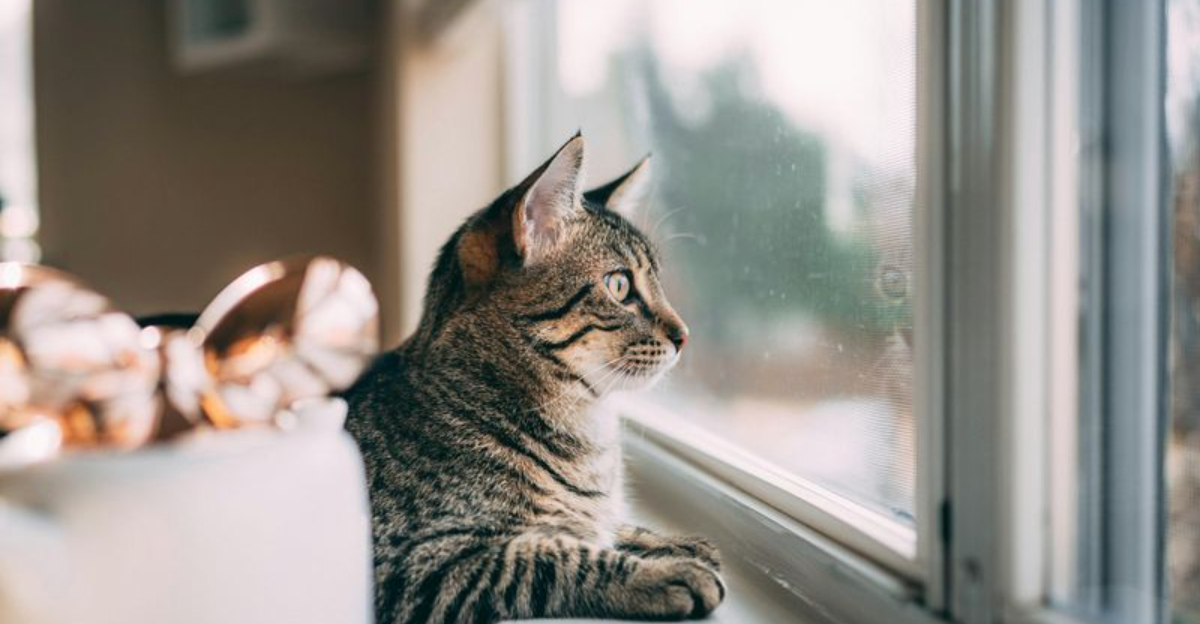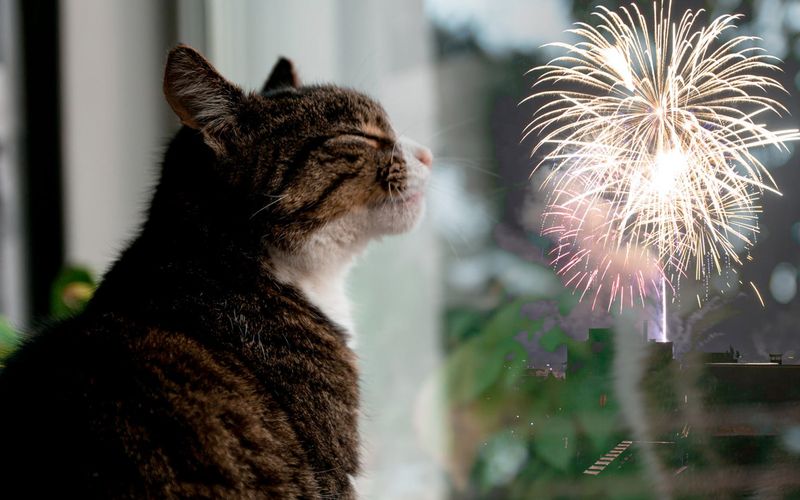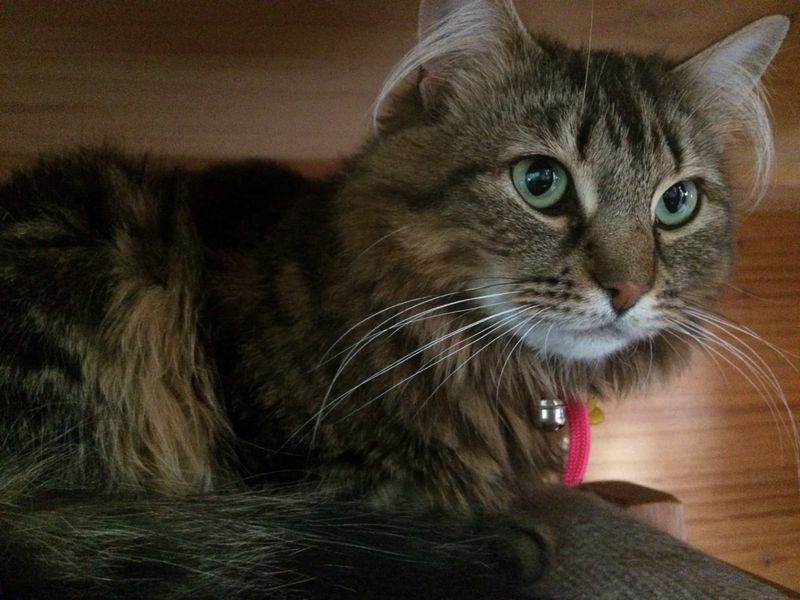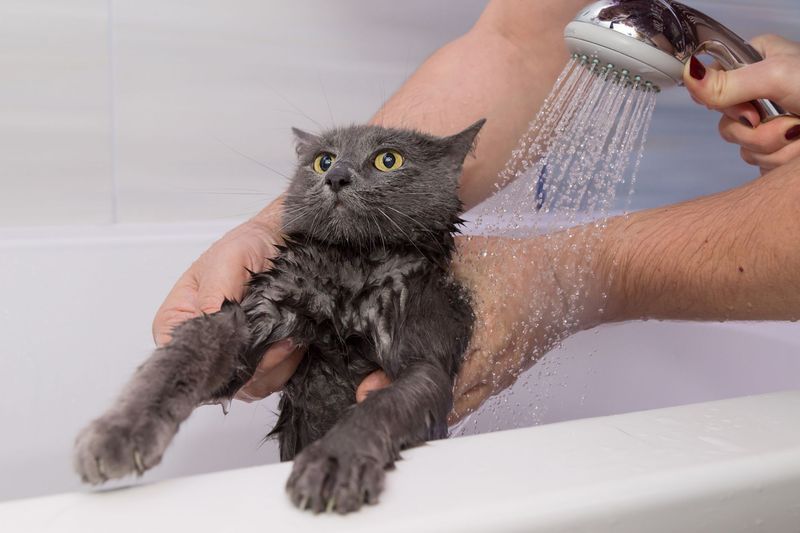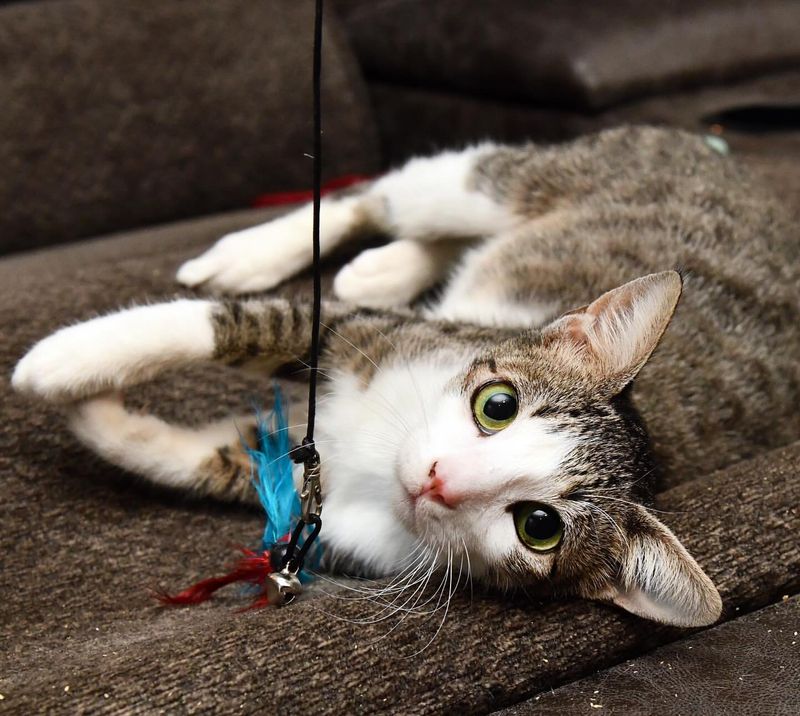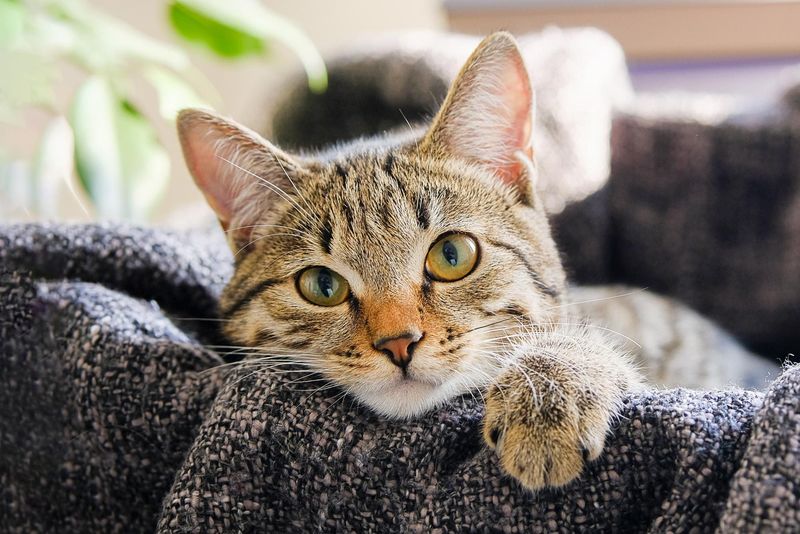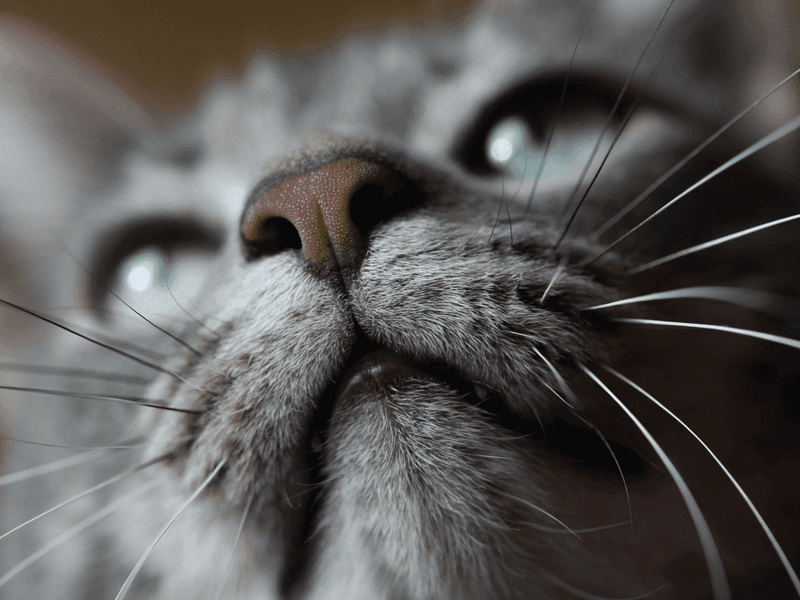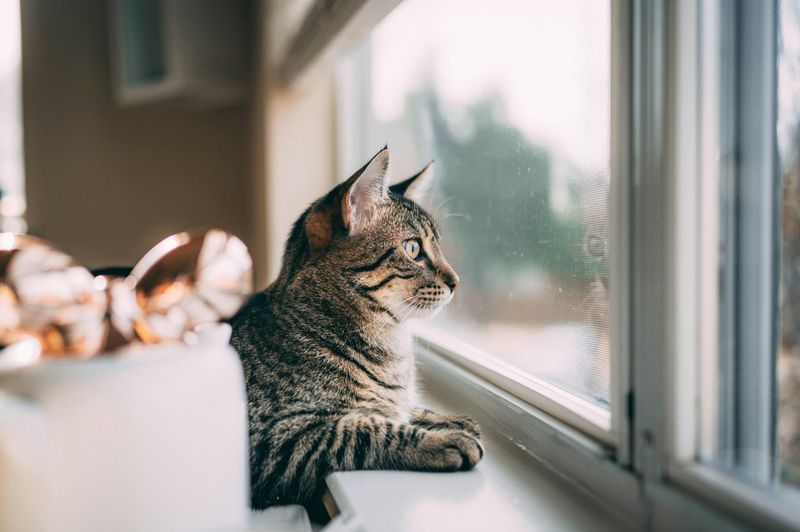📖 Table of Content:
Cats are fascinating, yet often misunderstood creatures. Despite their independent nature, they can be surprisingly sensitive to various triggers in their environment. Recognizing these triggers is key to ensuring their well-being and comfort.
Many everyday situations that seem harmless to humans can cause anxiety in cats. From loud noises to unfamiliar scents, these stimuli can create unnecessary stress. By identifying and addressing these fears, a more relaxed environment can be created for your cat.
Understanding what causes stress in cats is essential for building a peaceful home. It’s not always easy to tell what might be bothering them, but a few adjustments can go a long way. Here are the top 10 things that may be stressing out your feline companion without anyone noticing.
1. Loud Noises
Cats have incredibly sensitive hearing, making them prone to fear sudden loud noises like thunder, fireworks, or even a loud vacuum cleaner. These noises can be overwhelming, causing your feline friend to hide under the bed or in a closet.
Providing a quiet and secure place for them to retreat during noisy events can help alleviate their anxiety. Use calming music or white noise to mask some of the disruptive sounds.
By recognizing the impact of loud noises, you can take steps to minimize their effect on your cat’s well-being.
2. Strangers
For cats, strangers can be a major source of stress, particularly if they’re not accustomed to frequent visitors. The unfamiliar presence and scent can make them feel threatened.
To help your cat adjust, allow them to approach new people at their own pace. Encourage guests to speak softly and avoid sudden movements.
Creating a positive association with visitors through treats and gentle play can make these interactions less intimidating for your furry companion.
3. Vet Visits
A visit to the vet is usually a dreaded experience for both cats and their owners. The unfamiliar smells, strange noises, and handling by strangers can be downright terrifying for a cat.
To ease this fear, try acclimating your cat to their carrier and taking short car rides before a visit. Use calming pheromone sprays to reduce stress.
Building a positive relationship with the veterinarian through treats and gentle reassurance can help make vet visits less daunting.
4. Other Animals
As natural protectors of their territory, cats can become anxious or fearful when other animals invade their space. Dogs, other cats, or wildlife can make them feel threatened.
Introducing new pets should be done gradually, allowing your cat to become comfortable with their scent before a face-to-face meeting.
Providing separate spaces and resources for each pet can prevent territorial disputes and reduce stress.
5. Water
The sensation of water is often unsettling for cats, due to their fastidious grooming habits and the discomfort of being wet. It makes them feel vulnerable and out of their element.
If your cat needs a bath, use warm water and gentle handling to minimize stress. Keep bathing sessions short and positive with treats.
Providing a drinking fountain may encourage hydration without the stress associated with large bodies of water.
6. Changes in Routine
Predictability is key to a cat’s comfort, and unexpected changes can lead to significant stress. Even small shifts, like altering feeding times, rearranging furniture, or changes in your own schedule, can unsettle them.
Maintain consistency where possible, and introduce changes gradually to allow your cat to adjust. Use familiar scents and objects to provide comfort.
Recognize signs of stress, such as hiding or excessive grooming, and offer reassurance through play and affection.
7. Being Alone
While cats are often perceived as independent, they can experience separation anxiety when left alone for extended periods. The absence of human interaction can lead to loneliness and stress.
Provide engaging toys, scratching posts, and interactive feeders to keep your cat occupied while you’re away.
Consider adopting a companion pet or arranging for someone to visit and spend time with your cat if absences are frequent.
8. New Environments
Moving to a new home or changing environments can be a frightening experience for a cat. The unfamiliar sights, sounds, and smells can be overwhelming.
Introduce your cat to new environments gradually, allowing them to explore one room at a time. Provide familiar objects like beds and toys to offer comfort.
Patience and a calm demeanor will help your cat adjust to their new surroundings more easily.
9. Strong Scents
With their sharp sense of smell, cats are highly sensitive to strong artificial scents. Perfumes, cleaning products, and scented candles can overwhelm them, causing discomfort or even harm.
Opt for unscented or pet-safe products to minimize discomfort for your feline companion. Ensure proper ventilation when using strong-smelling substances.
Understanding your cat’s sensitivity to scents can improve their comfort and overall health.
10. Lack of Hiding Spots
Safe spaces are essential for cats to retreat to when they feel stressed or threatened. Without hiding spots, they can feel exposed and vulnerable, unable to escape overwhelming situations.
Provide plenty of options for your cat to hide, such as boxes, covered beds, or even designated shelves. These safe zones offer comfort and security.
Recognizing your cat’s need for privacy is essential for their mental well-being and can prevent stress-related behaviors.
